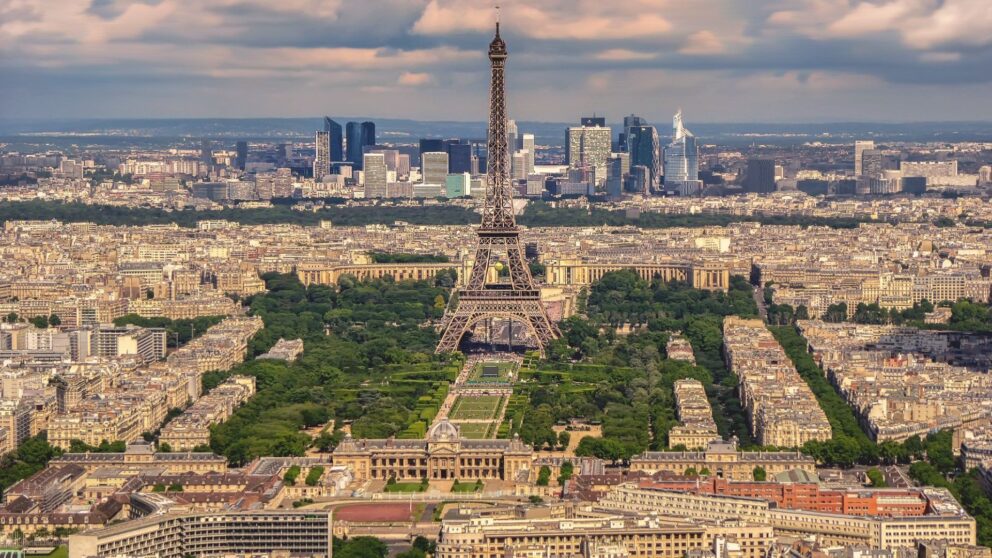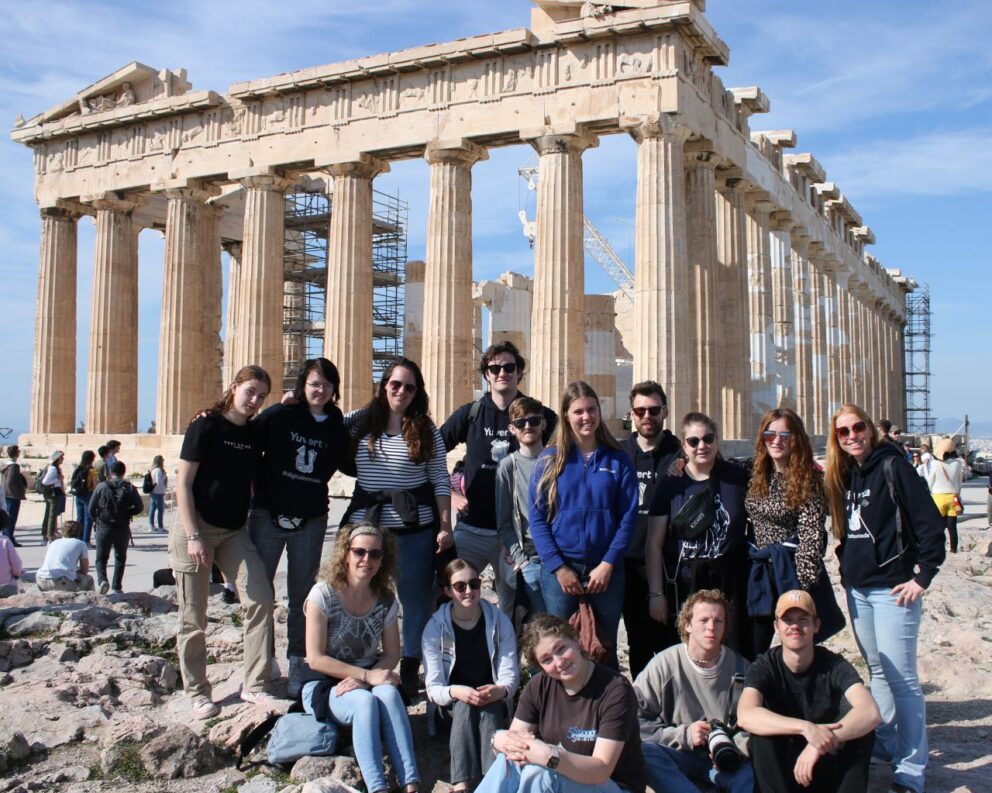Paris will remove half of its 140,000 parking spaces to make the city greener and more people-friendly. In doing so, the city aims to adapt to the accelerating effects of climate change, says David Belliard, deputy mayor and responsible for mobility, transport, and transformation of public spaces in the French capital. Plans for the vacant parking spaces include trees, shrubs, children's playgrounds, and bicycle racks.
The city government of the French capital plans to remove about 70,000 parking spots to free up space for more environmentally friendly transport options and leisure activities, especially on narrow streets and residential streets. The remaining spaces will be reserved for residents and businesses, and no spaces will be taken away from people with disabilities. Says David Belliard:
We can no longer use 50% of the capital for cars when they represent only 13% of people’s journeys. We have to plant greenery in the city to adapt to the acceleration of climate change. We want to make the air more breathable and give public space to Parisians who often live in cramped flats.
15,000 residents asked what to do with the 10m2 freed up spaces
Local authorities asked residents in late 2020 what they would like instead of the vacant parking spaces, many of which are in residential areas. Options included more trees and plants, vegetable gardens, food composting areas, playgrounds for children, bike racks, and hygienic public toilets, among others.
The Paris plans predate the Covid-19 pandemic – they first surfaced during Mayor Anne Hidalgo’s re-election campaign in the early 2020s – but the corona crisis has prompted cities like Paris to rethink the use of outdoor space.
C40 Group: Cities need a ‘green and equitable recovery’ from Covid-19
The C40 Cities Climate Leadership Group is a group of 97 cities around the world representing a twelfth of the world’s population and a quarter of the world’s economy. It is a network of cities committed to addressing climate change and argues that recovery from the Covid-19 virus should not mean a return to normalcy.
Instead, it calls for collective action to improve the resilience of cities and communities, as well as investments that need to be made to protect against future threats, such as outbreaks like the coronavirus and climate change.
Guiseppe Sala, Mayor of Milan and Chair of the COVID-19 Recovery Task Force of the C40 Group, states that cities around the world have fundamentally changed and now call for a green and equitable recovery to protect the health and well-being of citizens. One important way to improve a city’s resilience is to plant trees and increase the amount of green space in urban areas.
The 15-minute city
A principle supported by a lot of C40 mayors, organizations and politicians is that of the ‘15-minute city’. The main concept is to create a city where everything we need is close to home, with stores, parks, recreational facilities and other amenities within walking or cycling distance.
Copenhagen: Carbon-neutral and 75% of trips without a car
The Danish city of Copenhagen, also part of the C40 group, plans to become the world’s first carbon-neutral capital by 2025, with 75% of trips made on foot, by bicycle or by public transport.
Massive shrubs and bushes were planted in parking lots and traffic circles are full of trees to green the urban landscape, an initiative that was considered particularly relevant after the sudden floods of 2011.
Tallinn, London, Barcelona: Green corridors and green zones
Cities around the world have used the Covid-19 pandemic to implement car-free infrastructure and improve the urban environment. The Estonian capital Tallinn announced a 13.5-kilometer green corridor to connect neighbourhoods, while the British capital London’s Streetspace plan aims to create more space for walkers and cyclists. Barcelona recently announced a 10-year plan to reduce cars, under which one in three roads in the heavily polluted neighbourhood of Eixample would become green zones.
Source: https://www.weforum.org/agenda/2020/12/paris-parking-spaces-greenery-cities/





